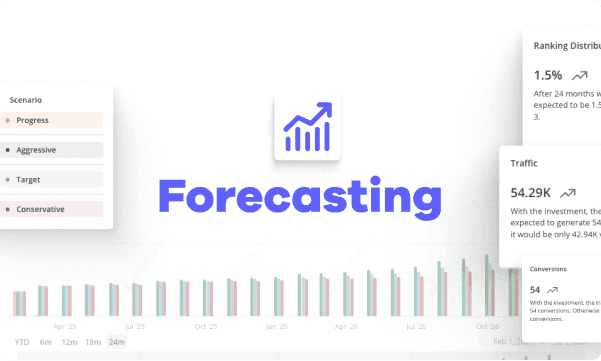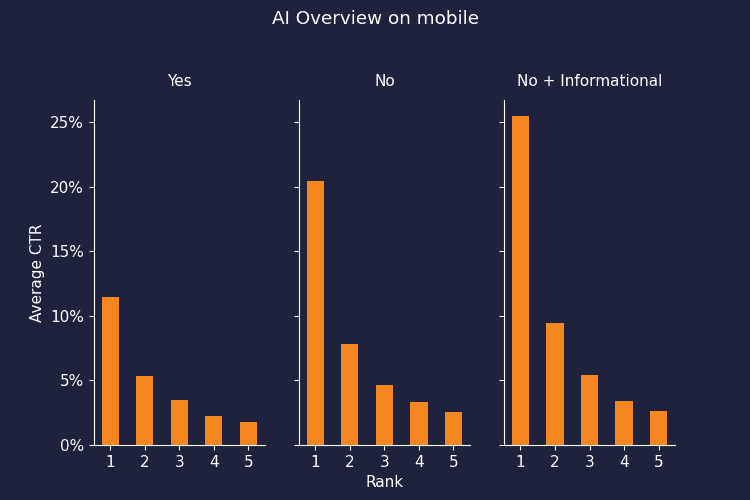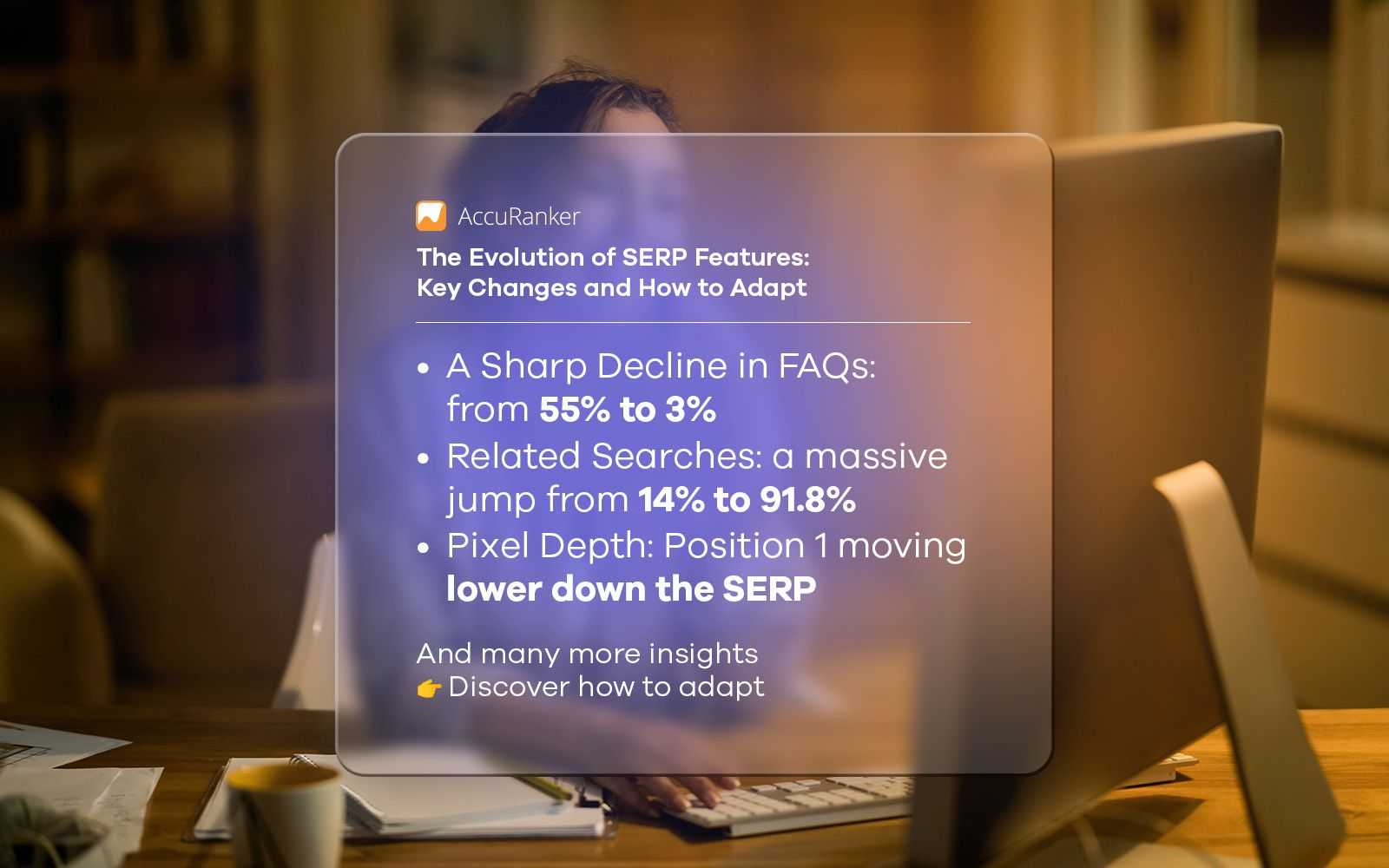10 Best Ways to Improve B2B Customer Experience
Last updated on Saturday, December 9, 2023
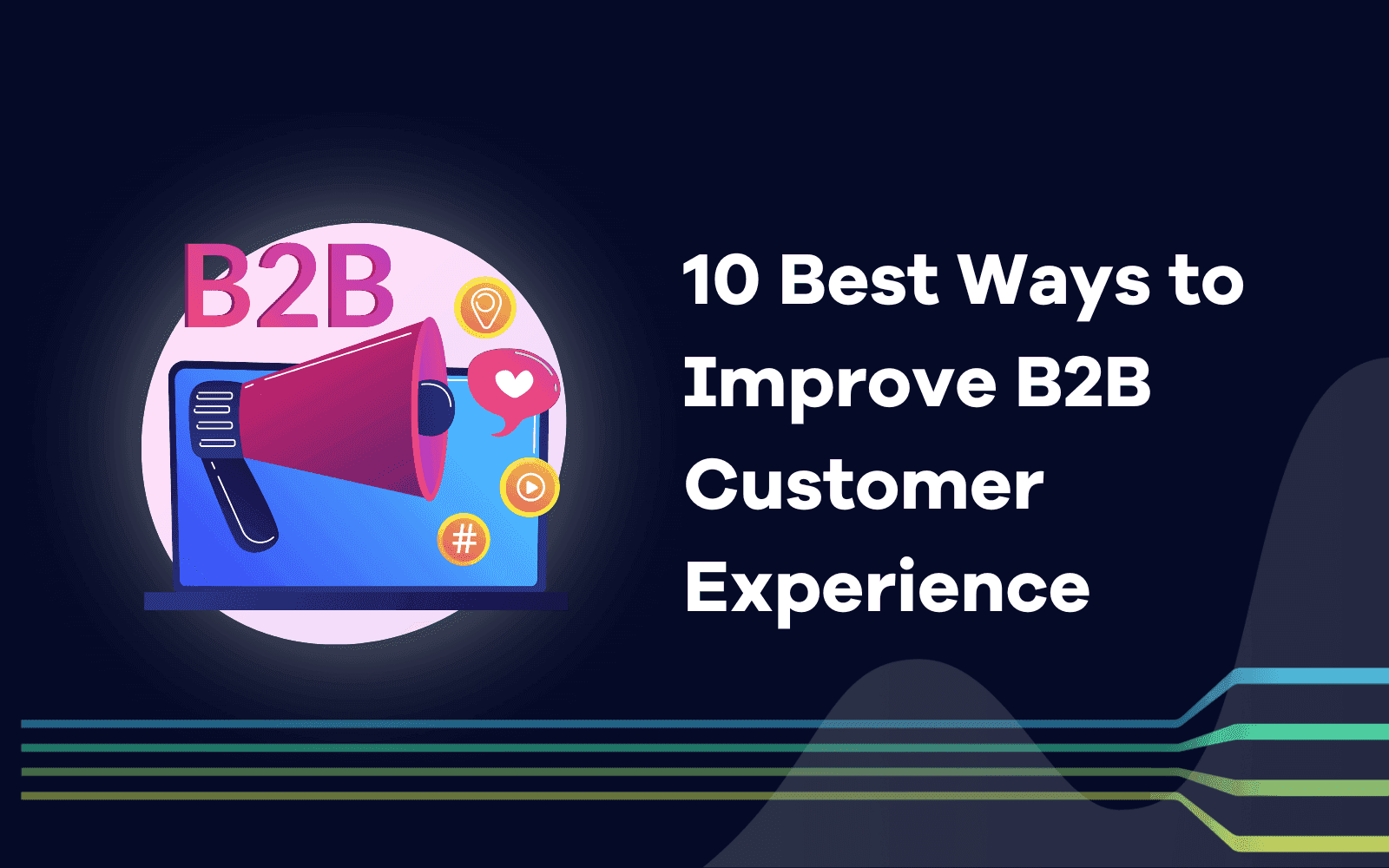
Customers have always been the source of all successful stories and challenges for diverse businesses. As the market and world change against the clock, we can not ignore the shifts in people's attitudes, preferences, and decisions concerning services and products.
What is more important is that all these positive changes for B2B customer improvement are to be implemented so as not to cause inconveniences. Understanding the strategies for long-term client relationships and further business progress is vital.
This article is about the techniques you can implement to drive success to your brand. We'll explore how to make your brand the top option for your customers and keep them returning as loyal spenders.
Specifics of Customer Experience in B2B
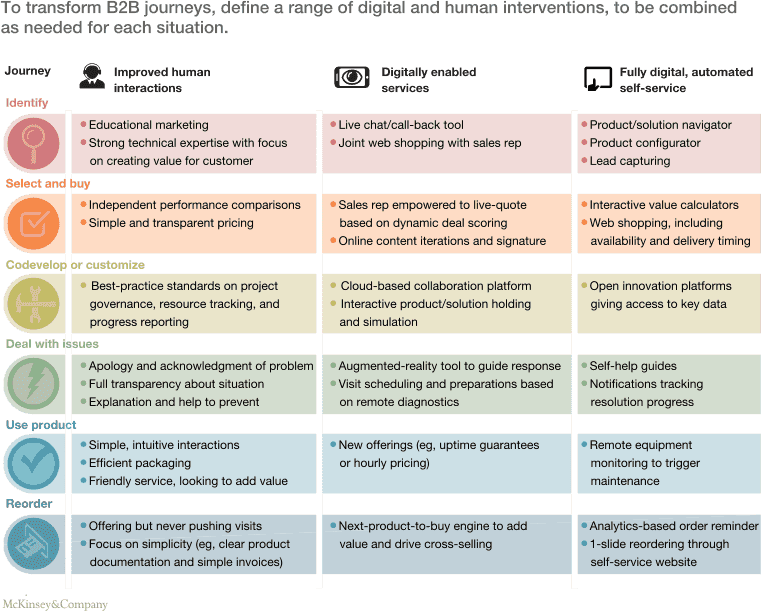
As mentioned, the CX is crucial and frequently establishes the tone for enduring relationships and repeat business. In contrast to business-to-consumer engagements, which typically take a more direct approach, B2B deals involve a wider variety of concerns, problems, and a higher expectation for customized service. Meeting and exceeding customer expectations requires understanding the nuanced features of B2B customer interactions.
The specific features of professional inter-company relationships have produced the unique environment of B2B CX. This is where B2B customer service comes into play, as every contact is a chance to shape a company's reputation as a reliable and essential partner, inspire trust, and show value. Here, we discover the specifics of what makes the B2B customer experience different and how businesses can effectively adapt to these demands.
Joint Strategy for Decision-Making
Business-to-business decisions involve multiple people from different departments, such as finance, IT, and operations. Each department brings its requirements and perspective. So, companies must get everyone on the same page to ace these interactions.
One effective approach involves personalized strategies for different departments, tailoring solutions that resonate with their specific concerns. For instance, while finance prioritizes cost efficiency, IT focuses on technological integration, and operations emphasize scalability and efficiency.
Standing out in business-to-business engagements requires understanding and empathizing with the needs of each department. Moreover, forging connections, demonstrating flexibility, and offering tailored solutions are also necessary.
Consistency and Patience
B2B deals typically unfold over a longer timeline compared to consumer transactions. This drawn-out process, involving stages like research, negotiation, and decision-making, requires businesses to maintain a high level of service throughout. Consistency in CX is crucial, as companies need to show their patience, attentiveness, and commitment to quality over extended periods.
Personalization Approach
While tailoring services to suit each client's needs is crucial, there is no one-size-fits-all solution in the B2B market. Customizations are essential, such as adapting offerings, understanding a client's business on your proposal, and adjusting solutions accordingly.
This personalized approach significantly enhances the overall customer experience within B2B settings and fosters stronger relationships and long-term partnerships. It also involves a commitment to adapt services to meet the clients' evolving needs continuously.
Building Trust
In B2B interactions, building trust is fundamental. When clients engage in partnerships with B2B service providers, they undertake a certain level of risk. These collaborations directly impact the efficiency and success of their operations.
B2B providers must consistently exhibit qualities that reinforce reliability, expertise, and dependability. This entails demonstrating a track record of meeting expectations and delivering on commitments.
Moreover, it's about exceeding expectations and proactively anticipating clients' needs. This proactive stance is crucial for surpassing client expectations and contributing significantly to building and nurturing enduring relationships.
Dealing with Challenges
Navigating B2B customer experiences (CX) can bring opportunities for a business to carve out its unique identity. Despite the complexities, understanding CX allows companies to manage services and room for improvements to stand out from competitors.
Effectively addressing CXs helps them showcase companies' seriousness to understand and adapt to their clients' preferences and needs. This proficiency positions them as service providers and invaluable partners invested in their client's success and growth.
10 Ways to Elevate B2B Customer Experience
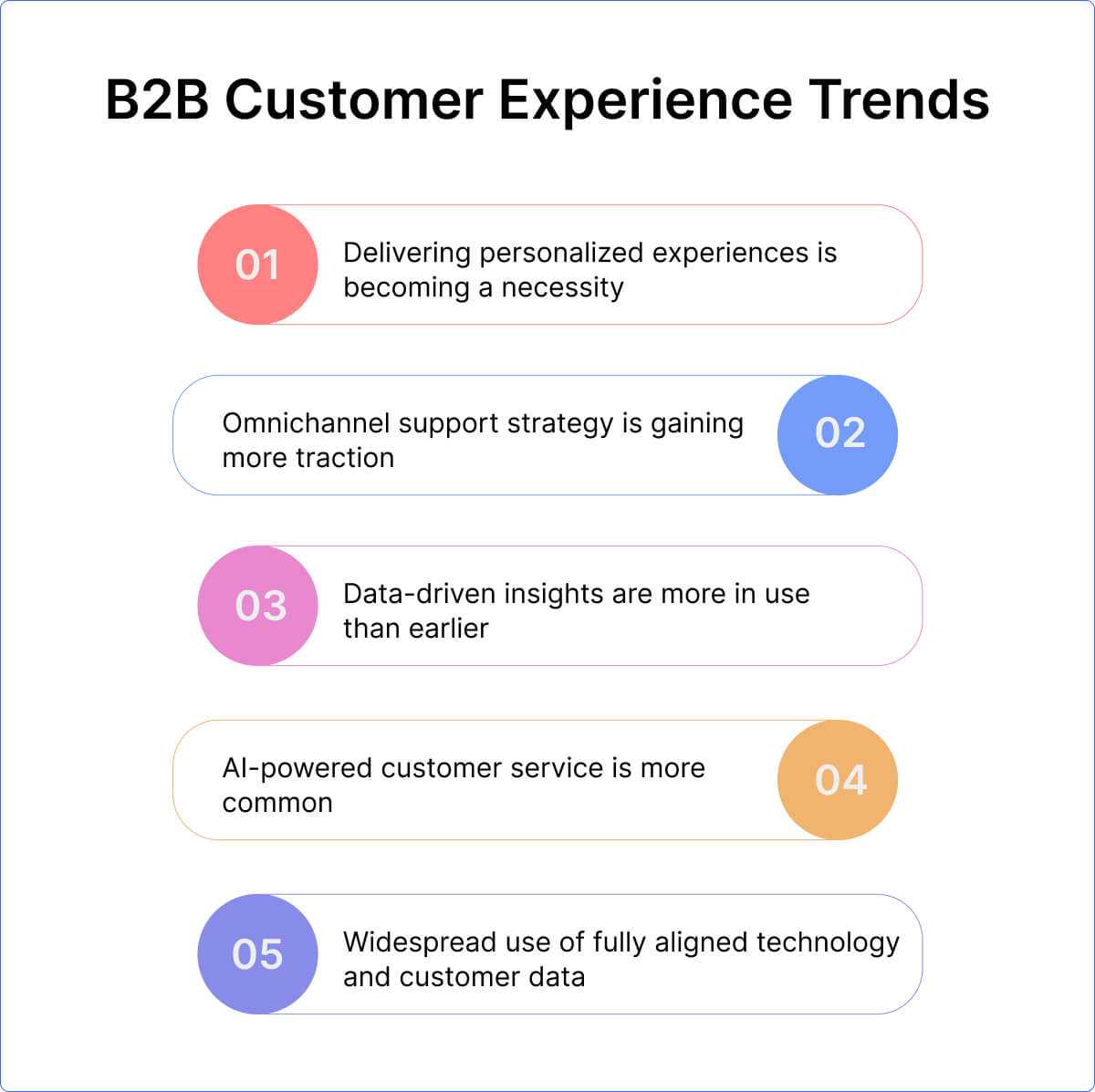
Before we start getting more about the ten key strategies to improve B2B customer experience, it's essential to recognize that in the B2B world, it's a key element that gives your business a unique edge in the market and builds lasting client connections.
Indeed, 80% of B2B executives believe improving CX can boost sales and growth. These strategies are the linchpin for achieving excellence in B2B CX, keeping your clients loyal and willing to choose your offerings rather than those of competitors. Let's explore the ten ways to improve B2B CX and set your business to sustained success.
#1 Deep Customer Understanding
You gain insight into their challenges, aspirations, and business objectives by creating detailed buyer personas. Conducting thorough interviews and surveys helps identify the particular challenges they face and the solutions they seek.
#2 Seamless Onboarding and Training
The initial interaction with your clients determines the basis of the relationship. Create an onboarding experience that welcomes and equips them to use your solutions confidently. Offer a variety of training resources tailored to different learning styles. Easy access to tutorials, documentation, webinars, and support channels is essential for a smooth client journey.
#3 Personalized Experiences
Personalization in B2B brands is a way to value your client's unique needs. Use data-driven insights to customize your services, content, and recommendations. Also, if possible, implement flexible pricing and service options to address individual client requirements.
It's essential to focus on how buyers behave and understand their group dynamics to provide the best interaction experience. This means paying attention to the signals your audience sends.
By customizing your approach based on their interests and behaviors, the marketer and technology can work hand in hand to engage more effectively. What is more critical is being relevant and giving them precisely what they need at the right time.
#4 Clear Communication
Building trust in B2B relationships starts with transparency. Regularly update clients about any changes or issues that might affect them. Maintain open communication channels for clients to express their concerns, ask questions, and offer feedback.
#5 Impressive Customer Support
A knowledgeable and empathetic support team is vital for a top-notch B2B experience. Continuous training for your support staff ensures they are well-versed in your clients' industries. Quick response times, effective problem-solving, and availability around the clock are also essential.
#6 Streamlined Purchasing
Make the buying process as smooth as possible. Automate routine tasks like order processing and invoicing to speed up transactions. Clear pricing and straightforward contracts will strengthen trust even more.
#7 Value-Added Content
Establish your brand as a thought leader by providing insightful content beyond your main offerings. Share industry news, best practices, and resources through various channels like blogs and podcasts.
Engage clients with educational content that can help them to be closer to their success. Highlighting the relevance of your content in the world where we see changes every day can also greatly enhance its impact and value to your audience.
#8 Feedback Loop
Create a robust system for collecting client feedback. Use it for ongoing improvement, not just as a metric. Make changes based on clients' suggestions to show your dedication to their satisfaction.
Usually involve clients in the feedback process by inviting them to participate in surveys and discussion forums. Of course, it's important for better engagement. Still, on the other hand, all these activities also provide deeper insights into client's needs and preferences, which can be invaluable for your business strategy.
#9 Data Security and Compliance
Today, data security and compliance are more crucial than ever. Assure clients that their information is handled securely and according to the regulations. Invest in strong cybersecurity to protect client data.
Regularly update and audit your security protocols to adapt to the evolving digital threats and maintain the highest data protection standards. Usually, communicate your security measures and compliance status clearly to boost client trust and confidence in your brand.
#10 Long-Term Partnerships
Continuously support and add value to your clients' businesses. Work alongside them as strategic partners, aligning your goals with theirs to enhance trust and collaborative power of growth. Promote mutual understanding, respect, and commitment in these partnerships for long-term success.
Using New Technologies to Revitalize Your B2B CX
Powering your B2B CX with the latest technologies goes beyond adopting new tools. It is more about strategically embedding Artificial Intelligence, machine learning, and CRM systems into your business processes for more efficient and personalized client interaction.
You will be successful if you can predict and clearly understand your customer needs, automate routine tasks, and deliver a more refined CX. For example, AI-driven chatbots and virtual assistants can handle a multitude of customer queries in real-time, offering instant and accurate responses.
This speeds up the communication process and allows your team to dedicate their time to more advanced and demanding tasks that require human involvement. When it comes to machine learning, its algorithms can analyze customer data to determine patterns and preferences, enabling your business to offer tailored solutions and proactive service.
The key to optimizing different technologies is their integration and synchronization with your business goals. For instance, combining the predictive power of AI with the comprehensive data management of CRM systems can lead to accurate forecasting of customer needs, more efficient resource allocation, and, ultimately, a more competitive edge in the B2B market.
Working with a reliable and experienced BPO provider helps you ensure every customer has a positive experience with your brand. This result can yield long-term benefits for your brand as a credible partner for customers.

Article by:
Andre Oentoro
Founder of Breadnbeyond
Andre Oentoro is the founder of Breadnbeyond, an award-winning explainer video company. He helps businesses increase conversion rates, close more sales, and get positive ROI from explainer videos (in that order).
